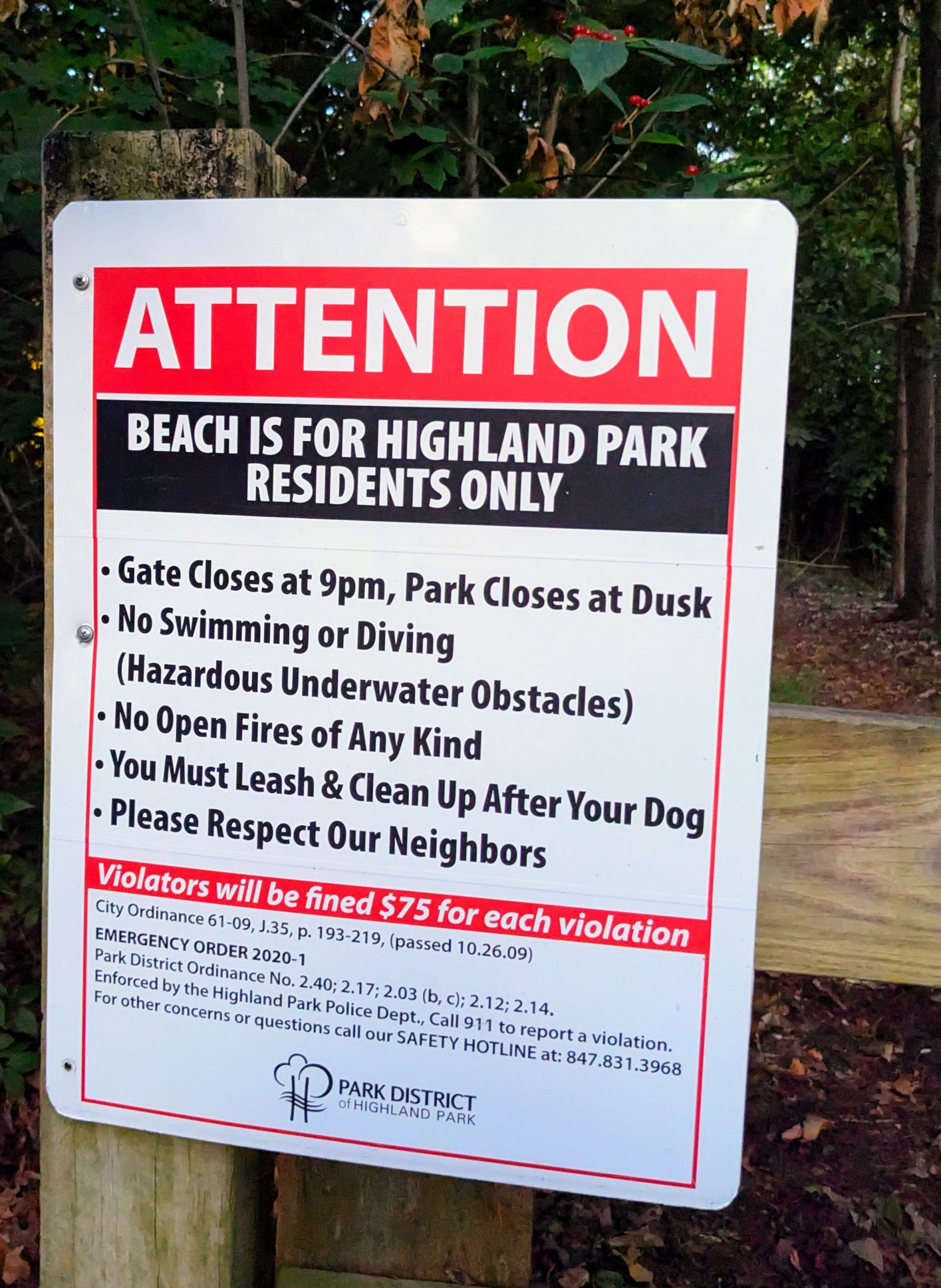In our ongoing fight for open and equitable access to public beaches, a compelling report has come to light that provides essential context for our efforts. The Chicago Council on Global Affairs’ report, “The Right to the Shoreline: Race, Exclusion, and Public Beaches in Metropolitan Chicago,” offers a deep dive into the history of beach access in our area and its implications for racial and economic equity.
Key Takeaways:
- Historical Context: The report reveals that beach access restrictions have racist origins and continue to produce discriminatory outcomes. From the early 20th century through the civil rights era, beaches were often sites of racial segregation and conflict.
- Current Disparities: Today, the whitest and wealthiest municipalities tend to have the most restrictive beach access policies. This pattern is particularly evident in Chicago’s North Shore suburbs.
- Residency Requirements: By basing beach access on local residency, municipalities extend historical race-based housing barriers into the management of public spaces.
- Environmental Concerns: Climate change and rising lake levels are exacerbating these inequalities, as some municipalities use exclusionary tactics to manage scarce beach resources.
- Recommendations: The report suggests several strategies to improve equity, including eliminating exclusionary policies, tying federal funding to open access, and adopting a racial equity lens in shoreline management.
This report underscores the importance of our current efforts to ensure open and equitable access to public beaches. It reminds us that the fight for beach access is not just about recreation, but about fundamental issues of racial and economic justice.
We encourage all our supporters to read the full report and consider how its insights can inform our ongoing advocacy work. Together, we can work towards a future where our public shorelines are truly open and accessible to all.

